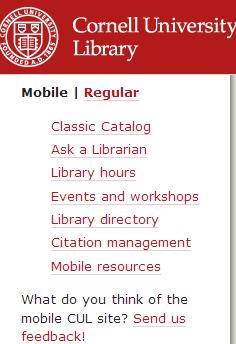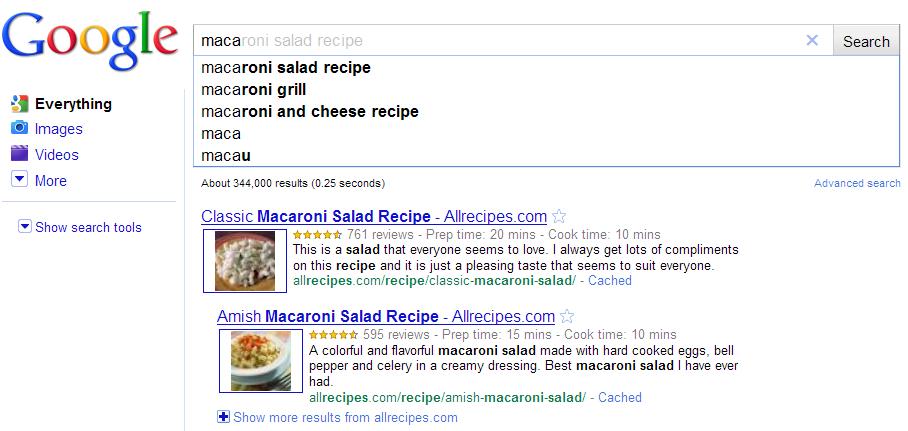 Bloomberg recently joined the online legal research scene with their special brand known as Bloomberg Law. Law students and faculty at Cornell are already using this subscription Web service that pulls together case law and statutes with the unique financial data, news, and company information that Bloomberg does so well. Indeed, Bloomberg positions its product in direct competition with Lexis and Westlaw, so if you have a corporate interest, this product is a must for your legal research. Recognizing the reliability and authoritativeness of Bloomberg Law, the new 19th edition of The Bluebook authorizes citation to Bloomberg for unreported cases. Here’s a sample citation from Bluebook rule 18.3:
Bloomberg recently joined the online legal research scene with their special brand known as Bloomberg Law. Law students and faculty at Cornell are already using this subscription Web service that pulls together case law and statutes with the unique financial data, news, and company information that Bloomberg does so well. Indeed, Bloomberg positions its product in direct competition with Lexis and Westlaw, so if you have a corporate interest, this product is a must for your legal research. Recognizing the reliability and authoritativeness of Bloomberg Law, the new 19th edition of The Bluebook authorizes citation to Bloomberg for unreported cases. Here’s a sample citation from Bluebook rule 18.3:
Ortho-McNeil Pharm., Inc. v. Teva Pharm. Indus., Ltd., No. 2008-1549, 2009 BL 181480, at *4 (Fed. Cir. Aug. 26, 2009).
If you don’t have your own Bloomberg password yet, come see our Bloomberg representative next week in the Reading Room on Thursday, October 7, to sign up for access to this treasure trove of legal and financial data.






